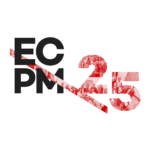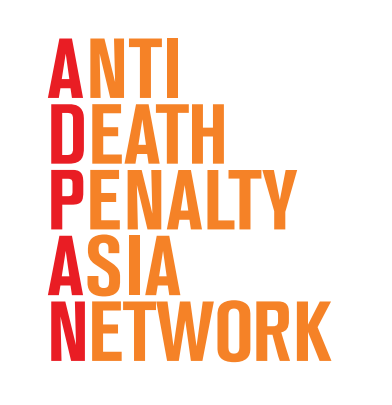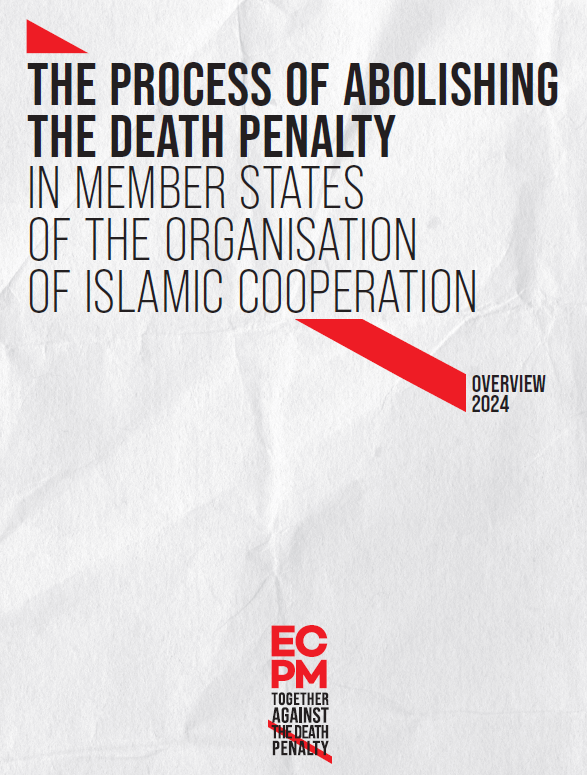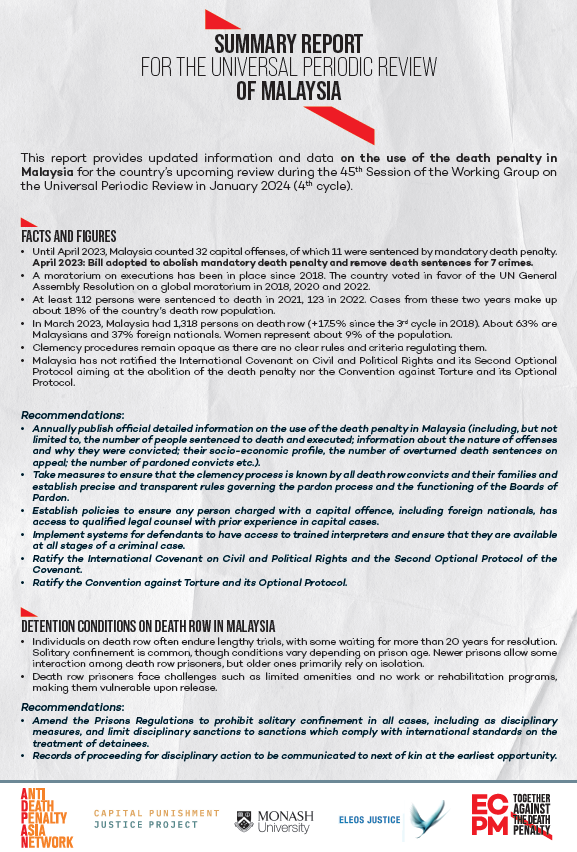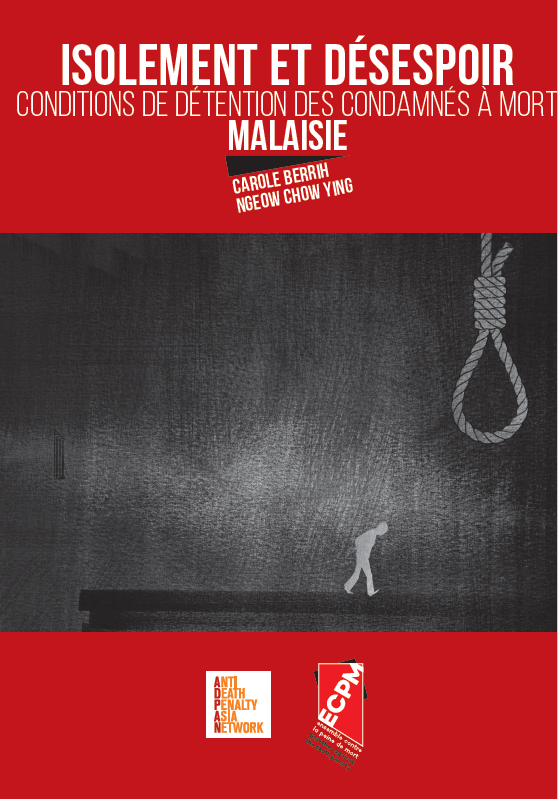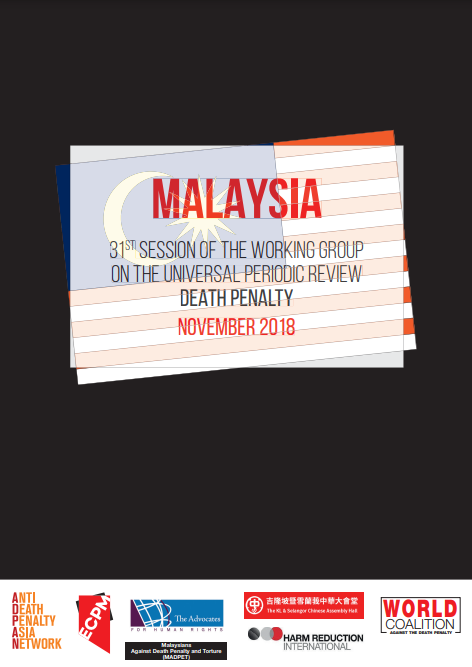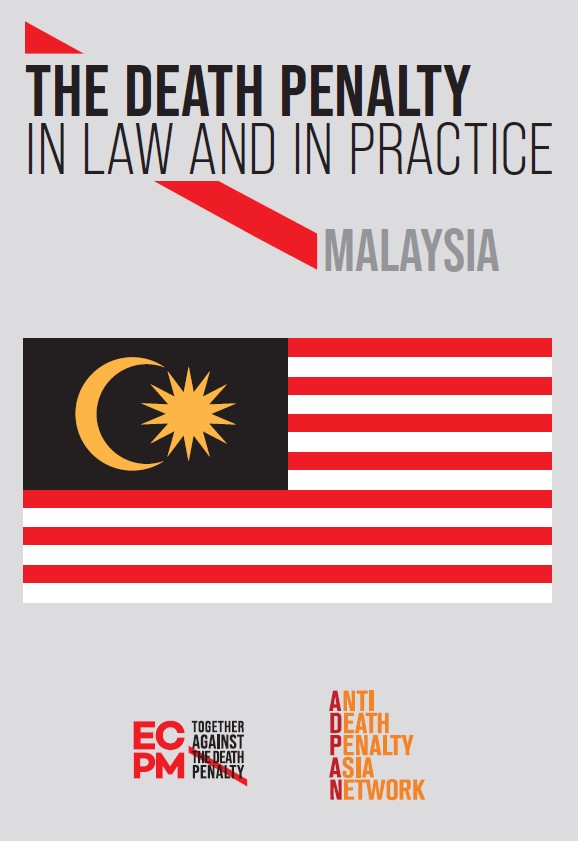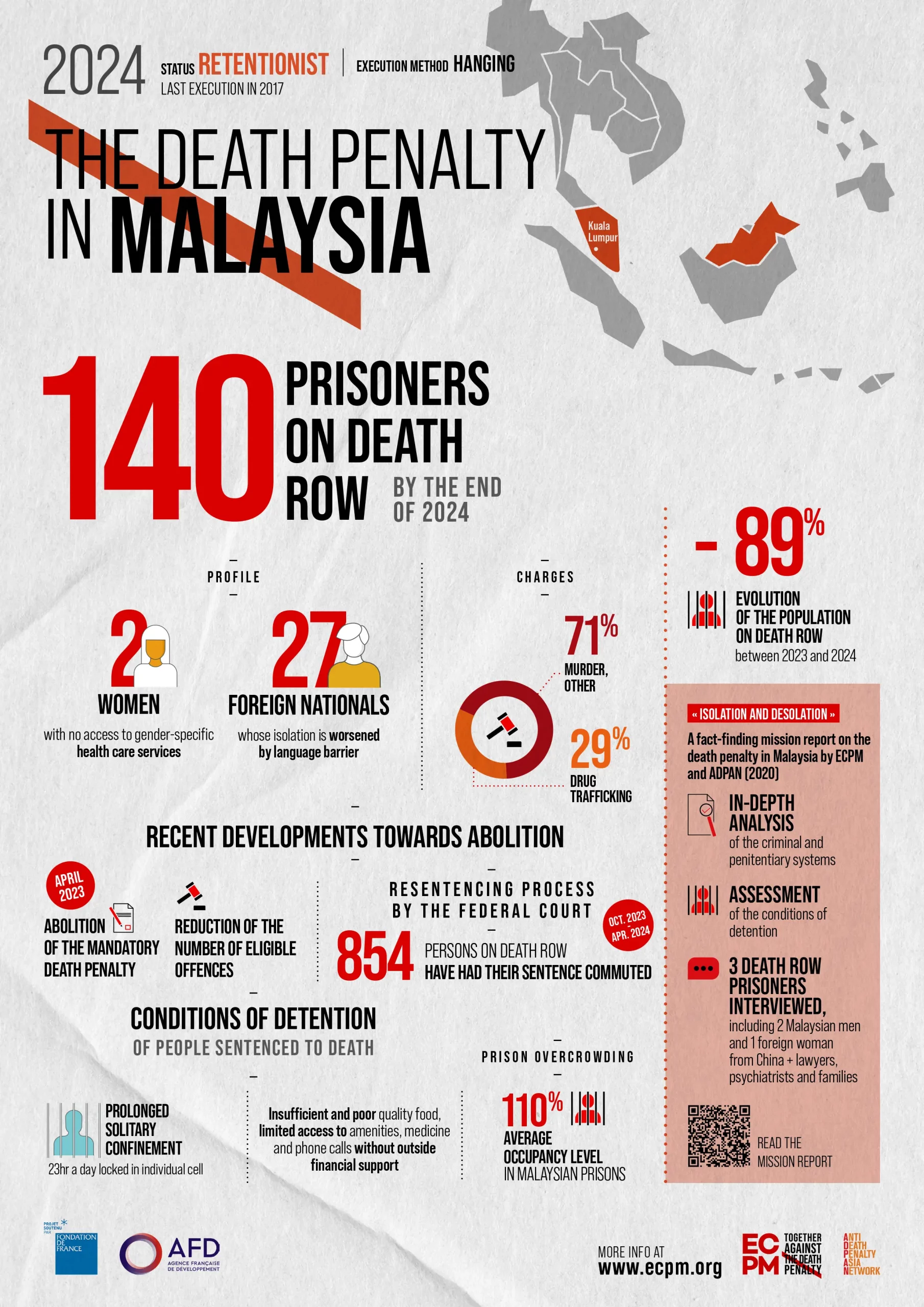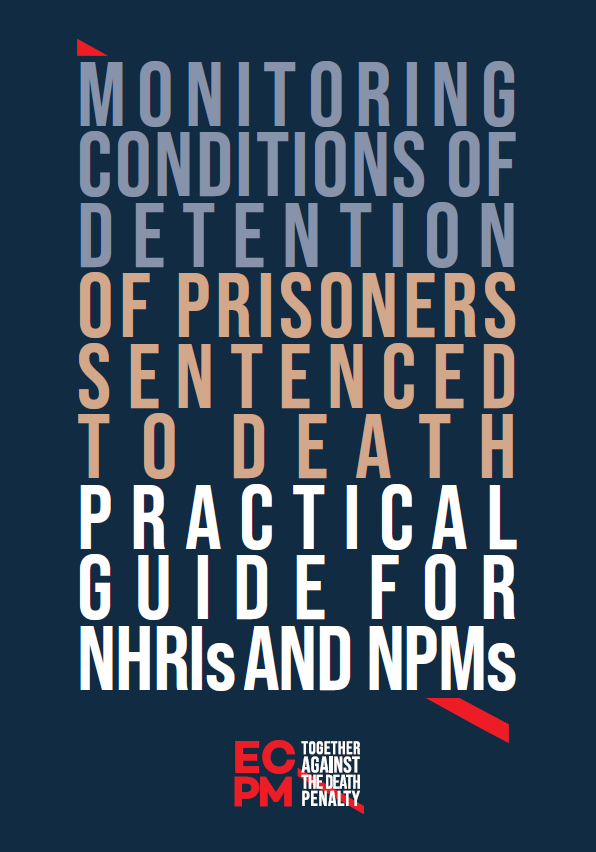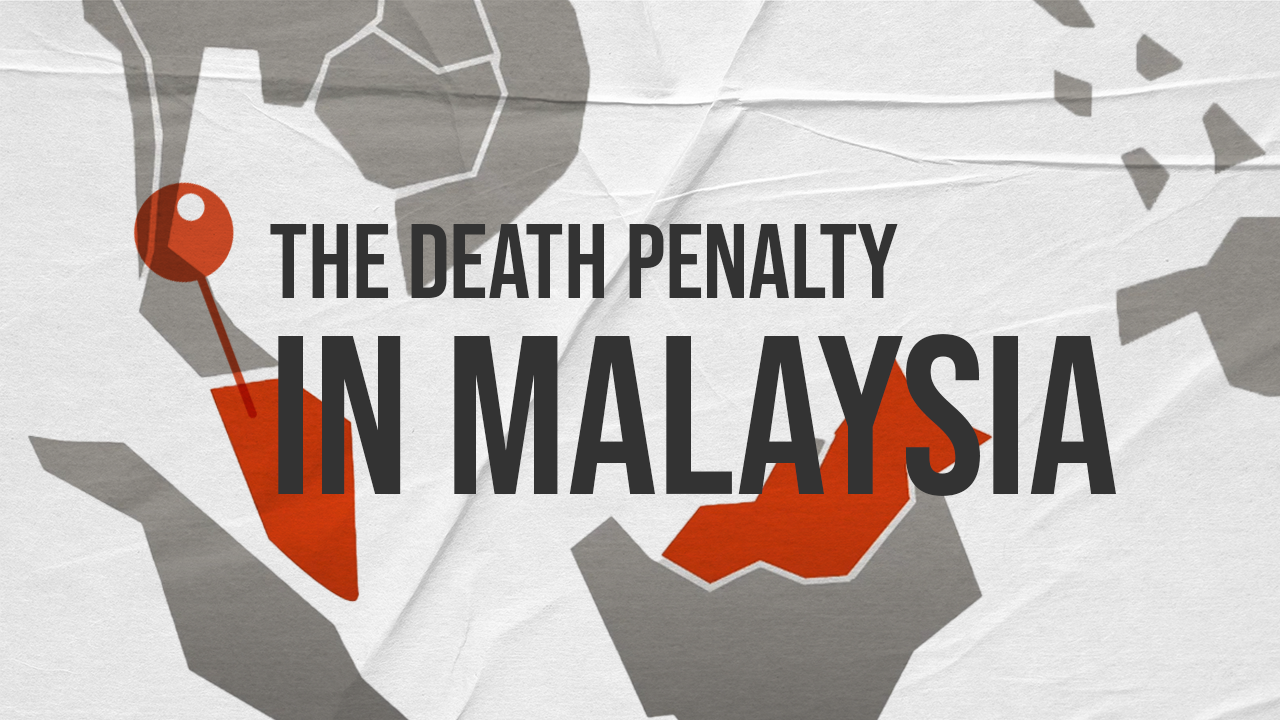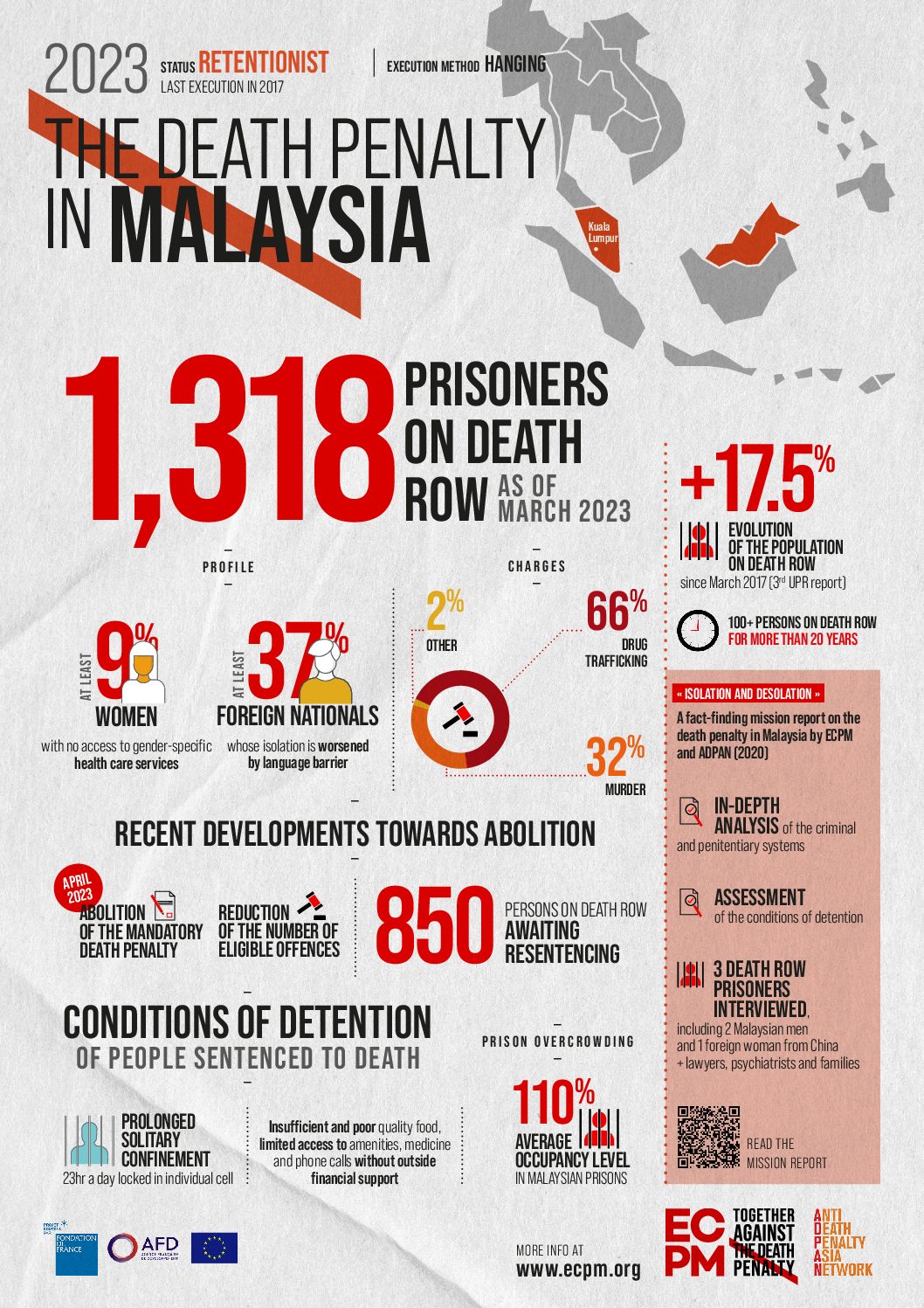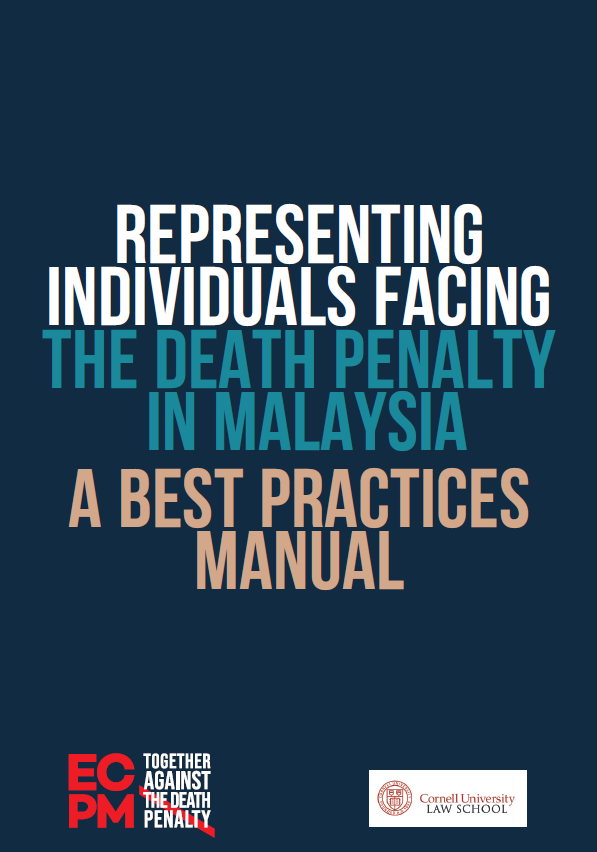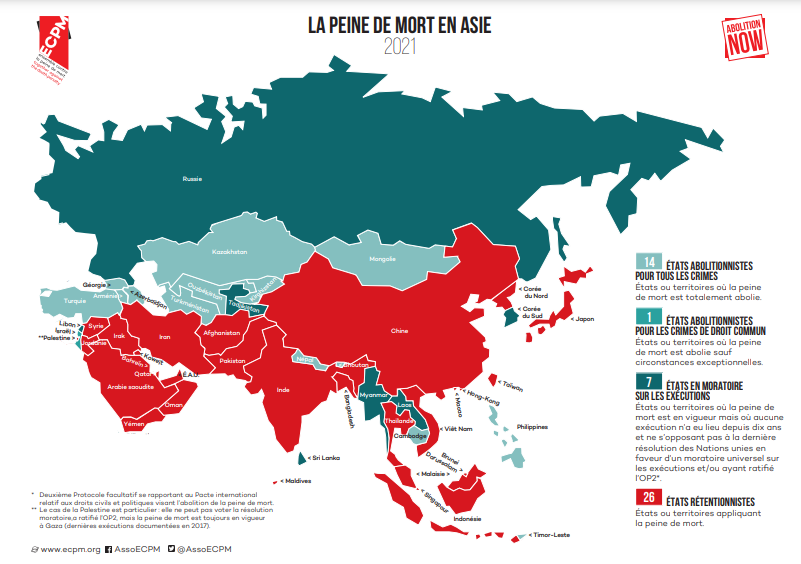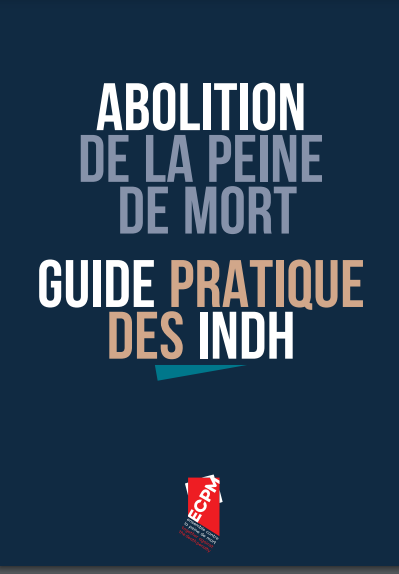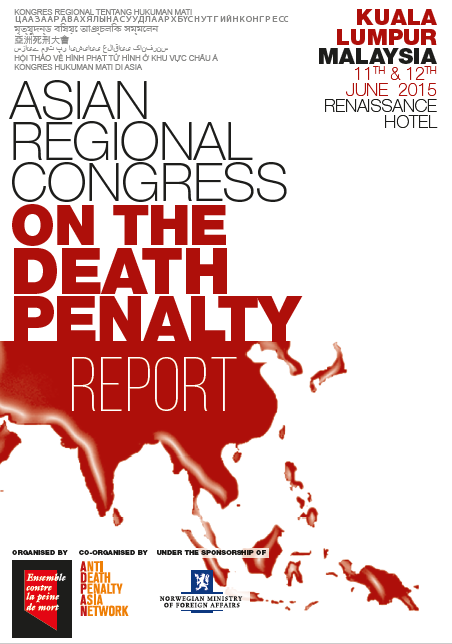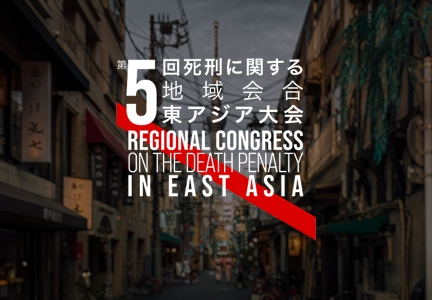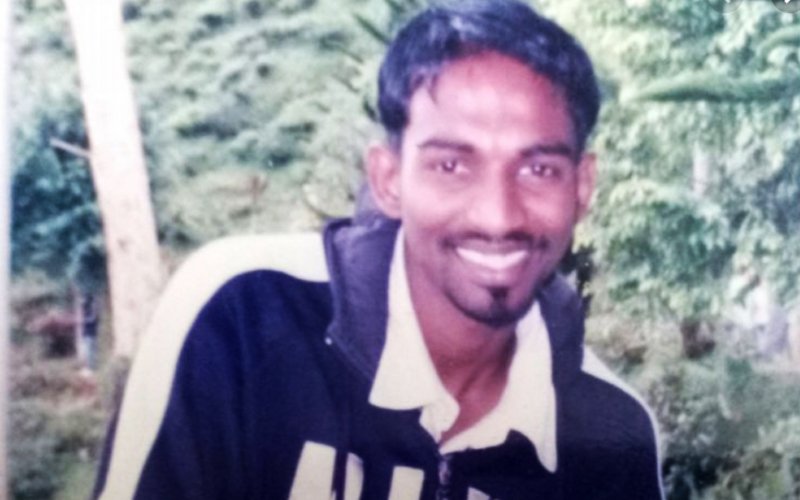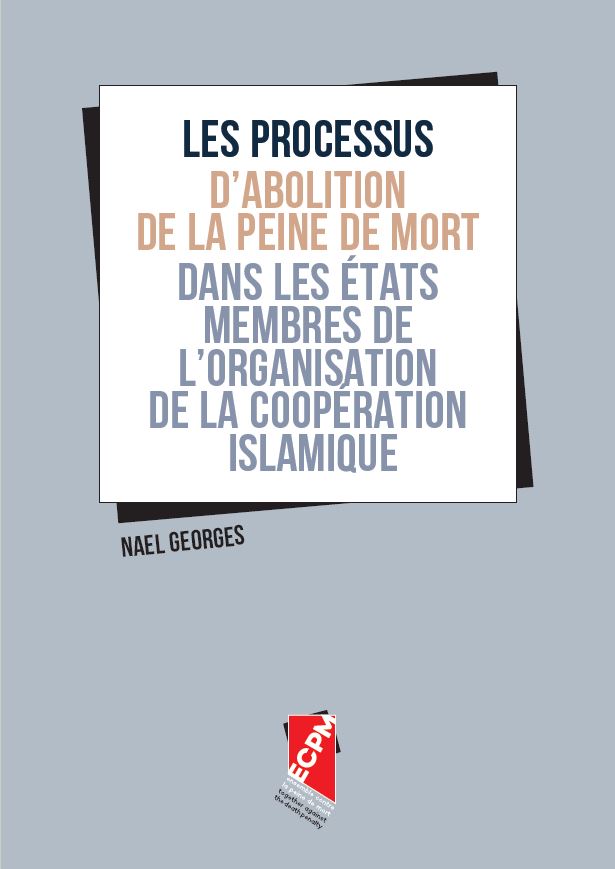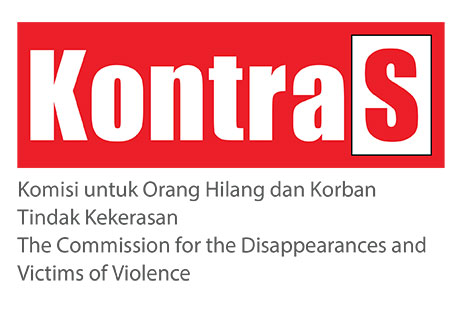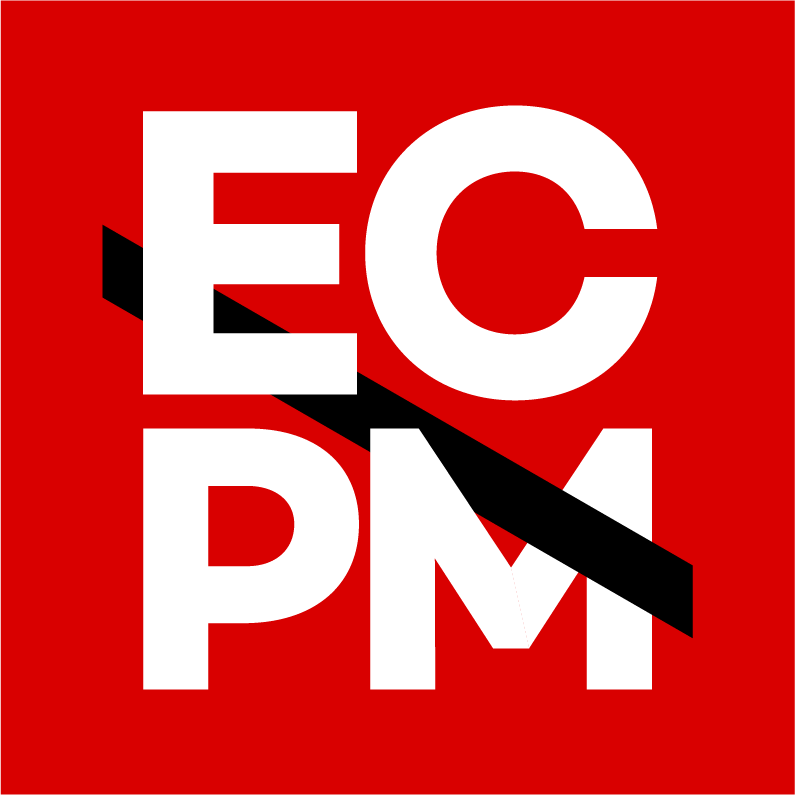ECPM has been working in Malaysia since 2008 to support and bring together the various abolitionist stakeholders. Since 2017, ECPM has been running a project in partnership with ADPAN, the Anti-Death Penalty Asia Network, to galvanise collective action and advocacy with national authorities for abolition through the organisation of conferences, workshops and awareness raising events. The project also aims to train lawyers representing those facing the death penalty and to strengthen their case strategies.
The situation of prisoners on death row
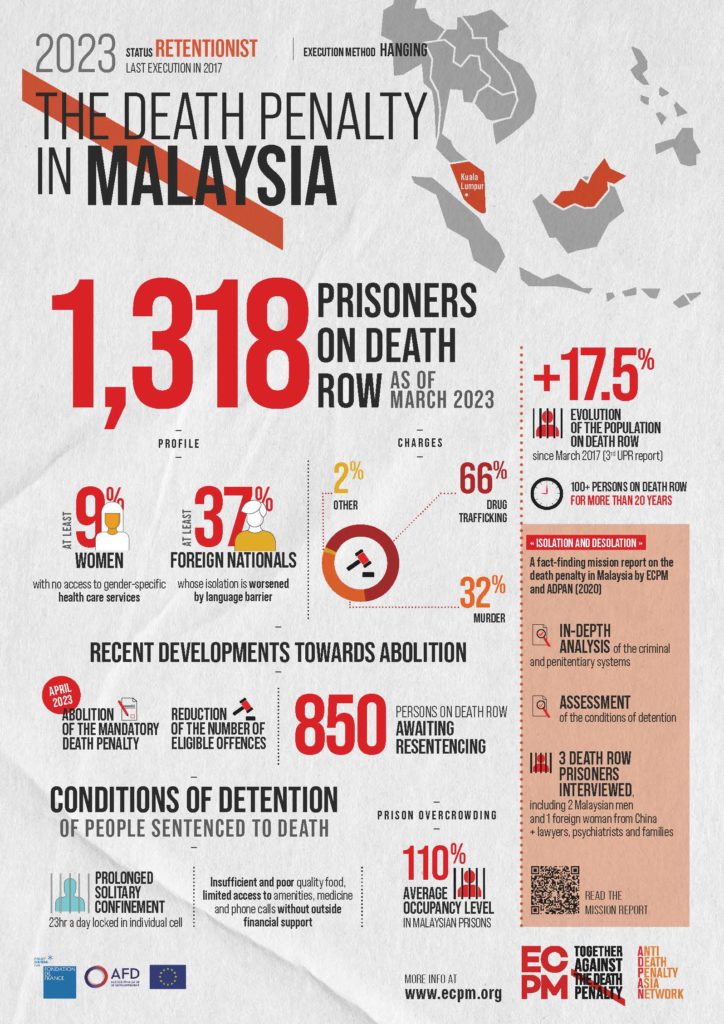
Despite the declaration of a moratorium on executions in July 2018, courts continue to hand down death sentences. The number of people on death row increased between 2018 and 2020. During a parliamentary enquiry conducted in June 2020, the Department of Prisons reported that there were 1,314 death row prisoners in Malaysian prisons, 33 more than in October 2018.
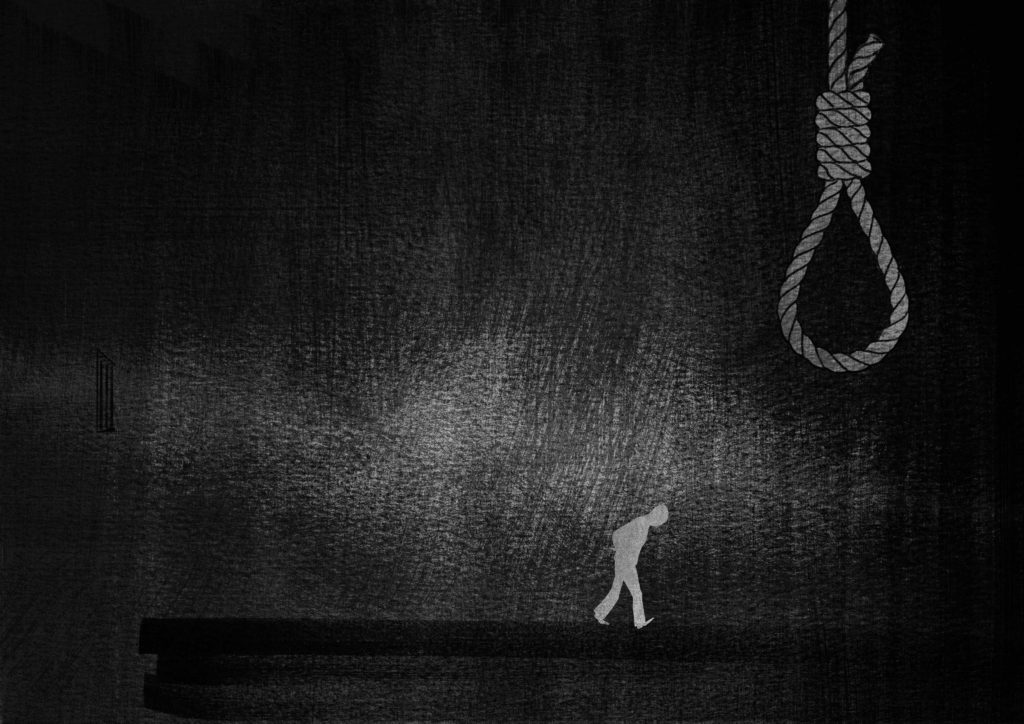
Under Malaysian law, death row prisoners are held in prolonged isolation. These conditions and treatment have been described as degrading and inhuman, even tantamount to torture, by both the UN Human Rights Committee and the Special Rapporteur on Torture and Other Cruel, Inhuman or Degrading Treatment or Punishment.
“I am old, and I do not have much time to live. I just wish that we could have information about the clemency process.”
Rina, mother of a man detained since 2003, during the fact-finding mission “Isolation and Desolation” (2020)
Death row prisoners spend 23 hours a day in their cells. Relatives can either visit for 45 minutes once a week, or send them a letter, but they are not allowed to do both. In some facilities, prisoners spend their statutory 45 minutes outside their cells in a hall, without the fresh air they could get from outdoor activities. There are no activities except for a few interventions by religious organisations. The language barrier compounds the isolation of foreign prisoners, who make up 41% of those on death row: discussions with religious counsellors are often exclusively in Malay, and foreign language books are not allowed.
